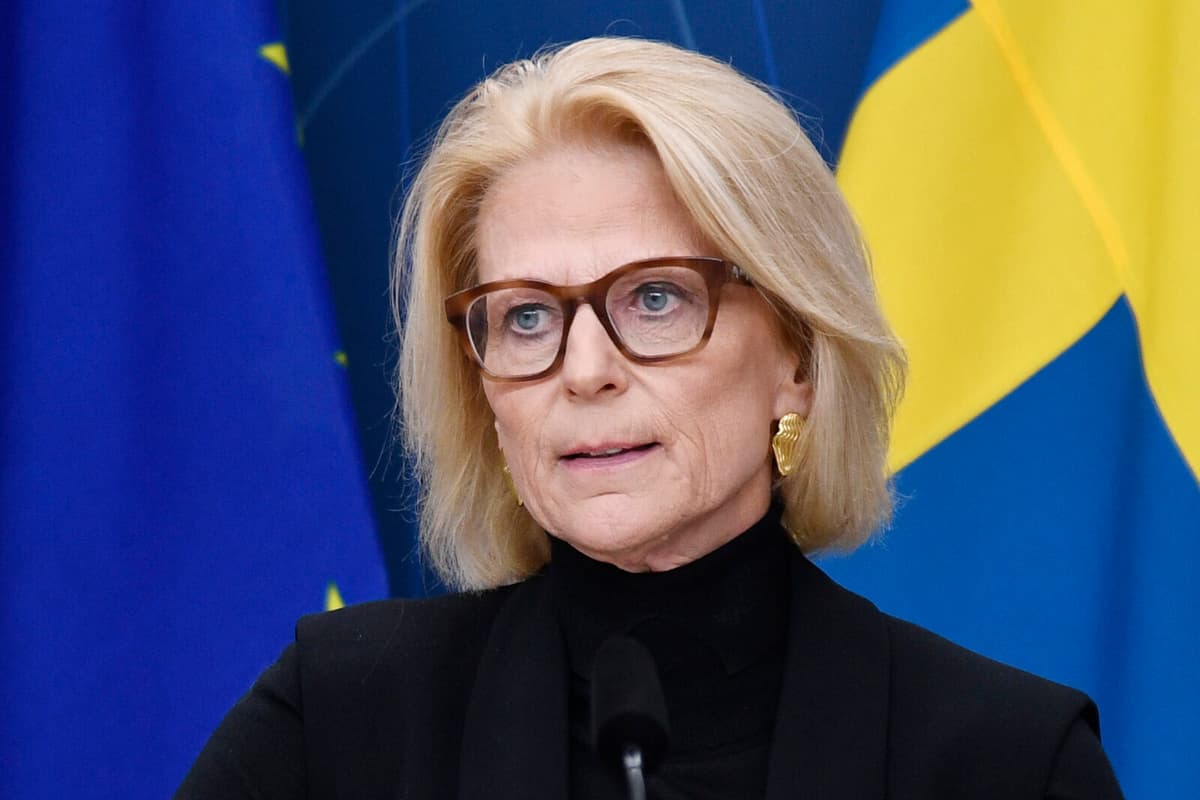Statistics Sweden's inflation figures on Thursday were called a "cold shower" by some analysts. Inflation rose in February to 2.9 percent, which was above expectations and the highest level in a year.
I don't think you should draw too large conclusions in this situation, says Svantesson.
"Right and well-balanced" financial policy
She points out, for example, that Statistics Sweden changed the composition of the basket of goods used to measure price increases at the turn of the year.
So there is such an effect in this as well. I'm keeping an eye on every inflation figure, of course, says Svantesson.
On the question of whether inflation can affect financial policy in the spring budget and autumn budget for next year, Svantesson responds:
It naturally depends on how inflation continues to develop. We have a prolonged low-conjuncture and financial policy this year is more expansive than it has been. So far, I see that it is right and well-balanced.
The Minister of Finance points out that there are significant risks in the surrounding world that could get inflation going, such as increased tariffs and Europe's indebtedness.
Awaiting effects of interest rate cuts
On the question of whether the government can use financial policy to get the Swedish economy going, if there are no more interest rate cuts, Svantesson responds that "we are always prepared to do what is required" to get the economy going, if we enter a deeper low-conjuncture.
But we still see no tendencies for it to be the case. On the contrary. The latest GDP figures have been positive, says she.
The Minister of Finance also notes that the interest rate cuts made have a certain lag.
We will see the effects of interest rate cuts during this year, says Svantesson.






